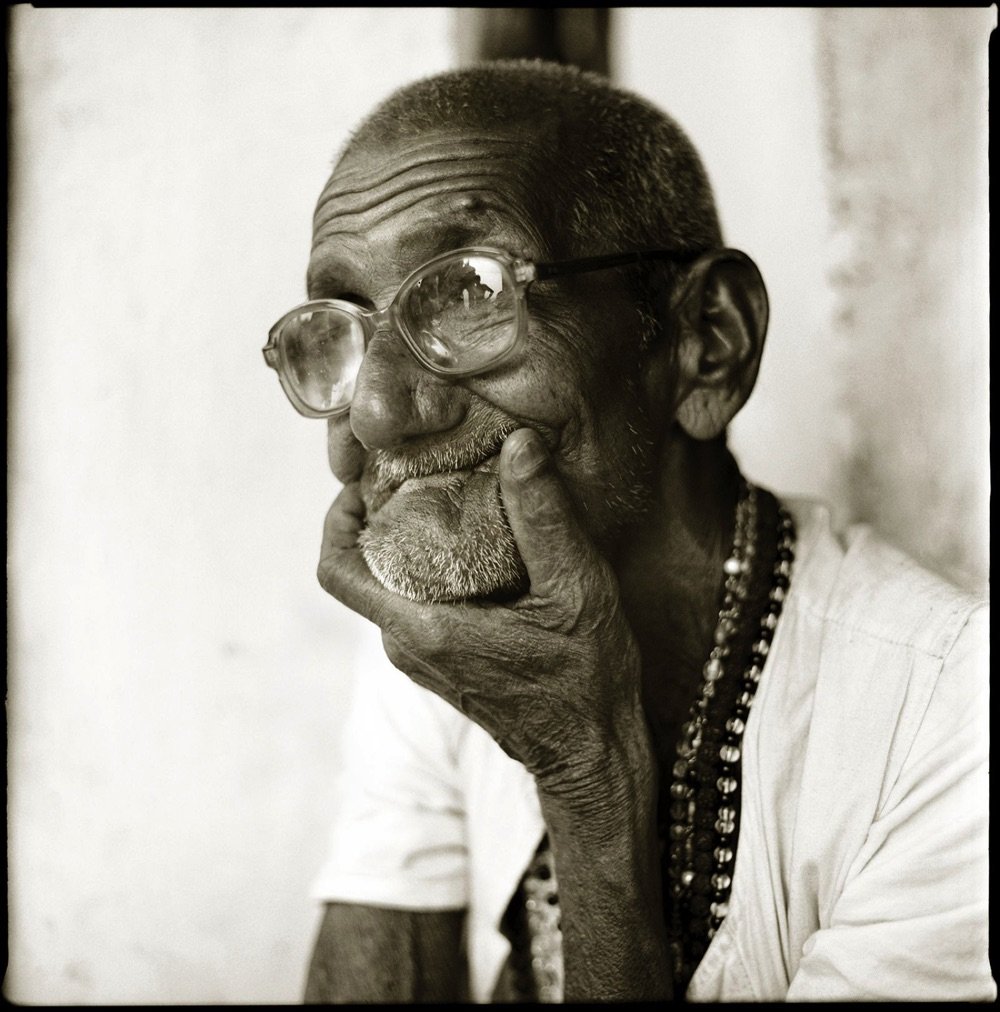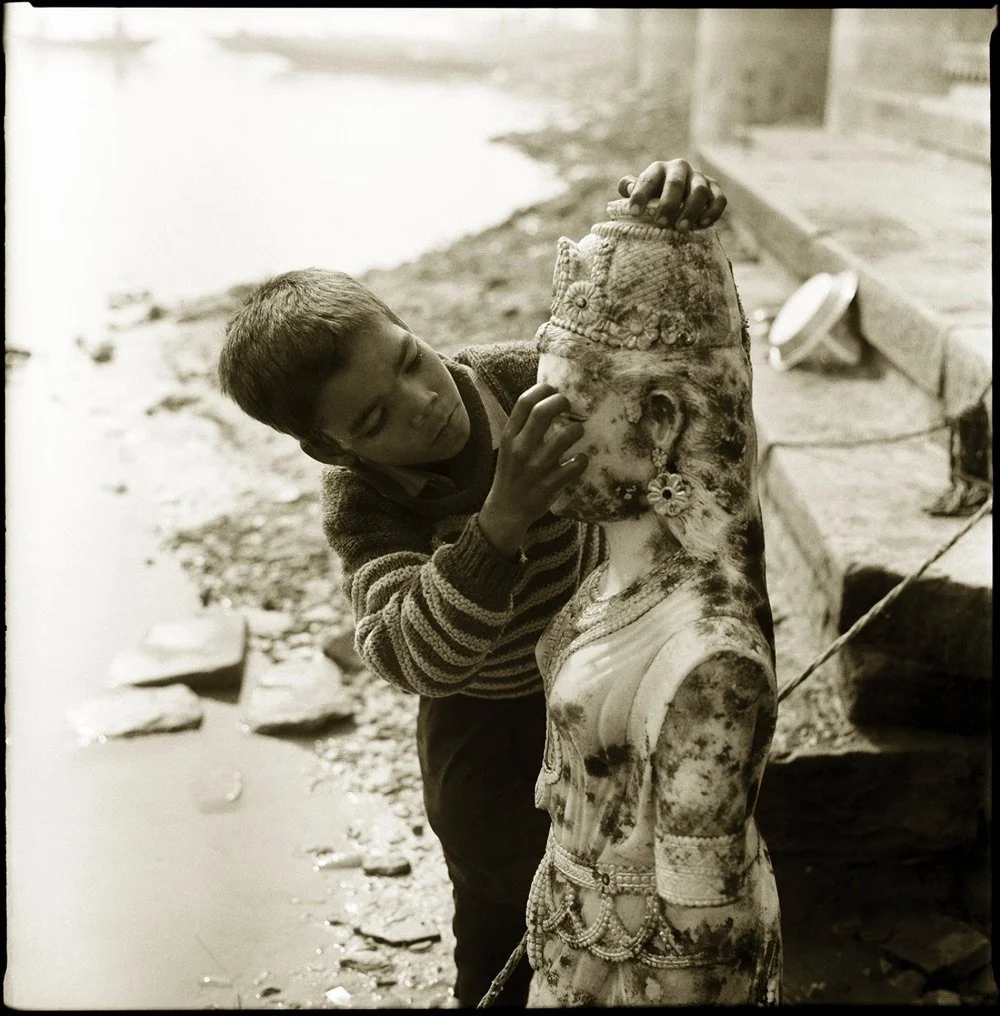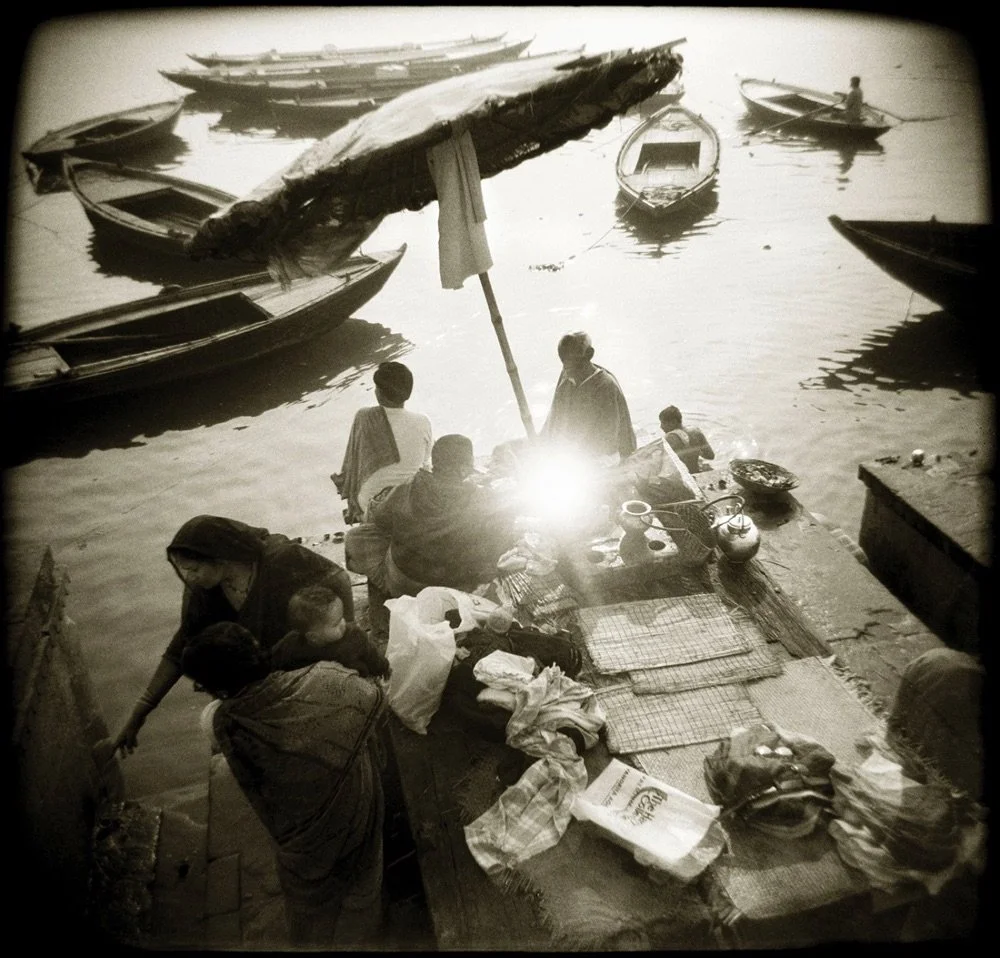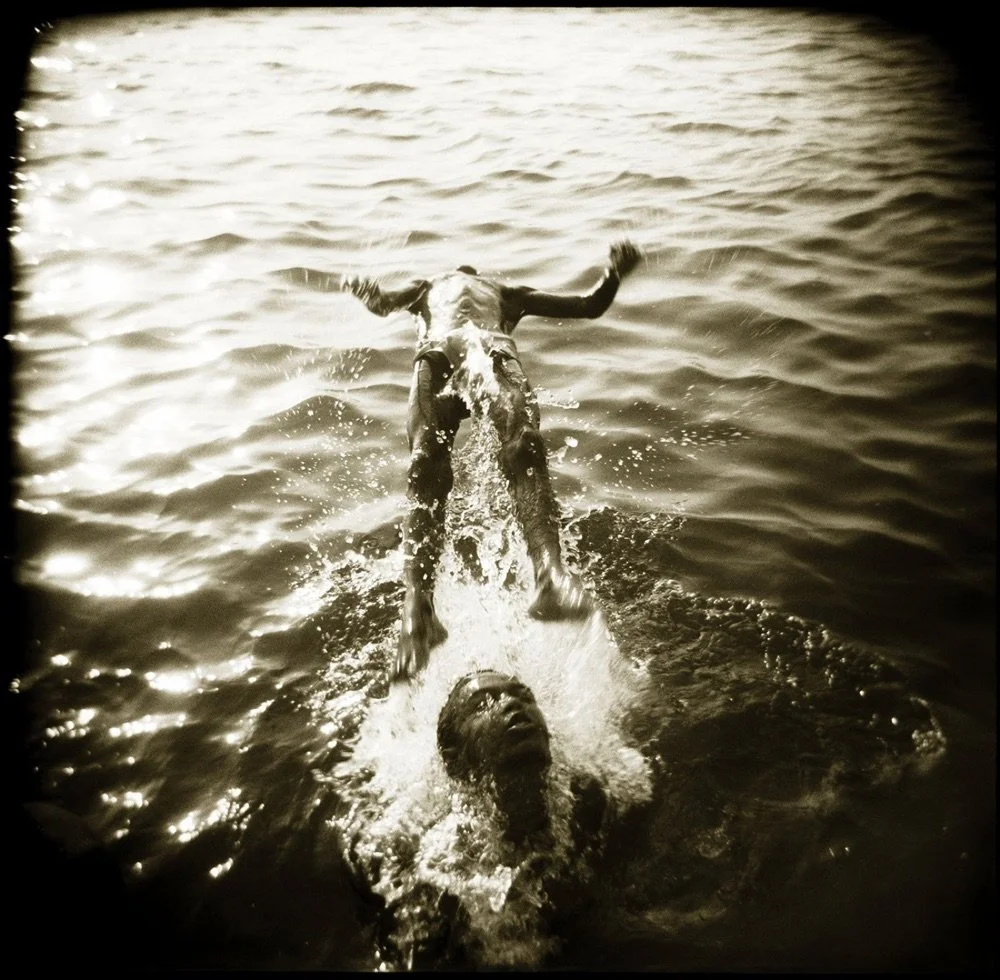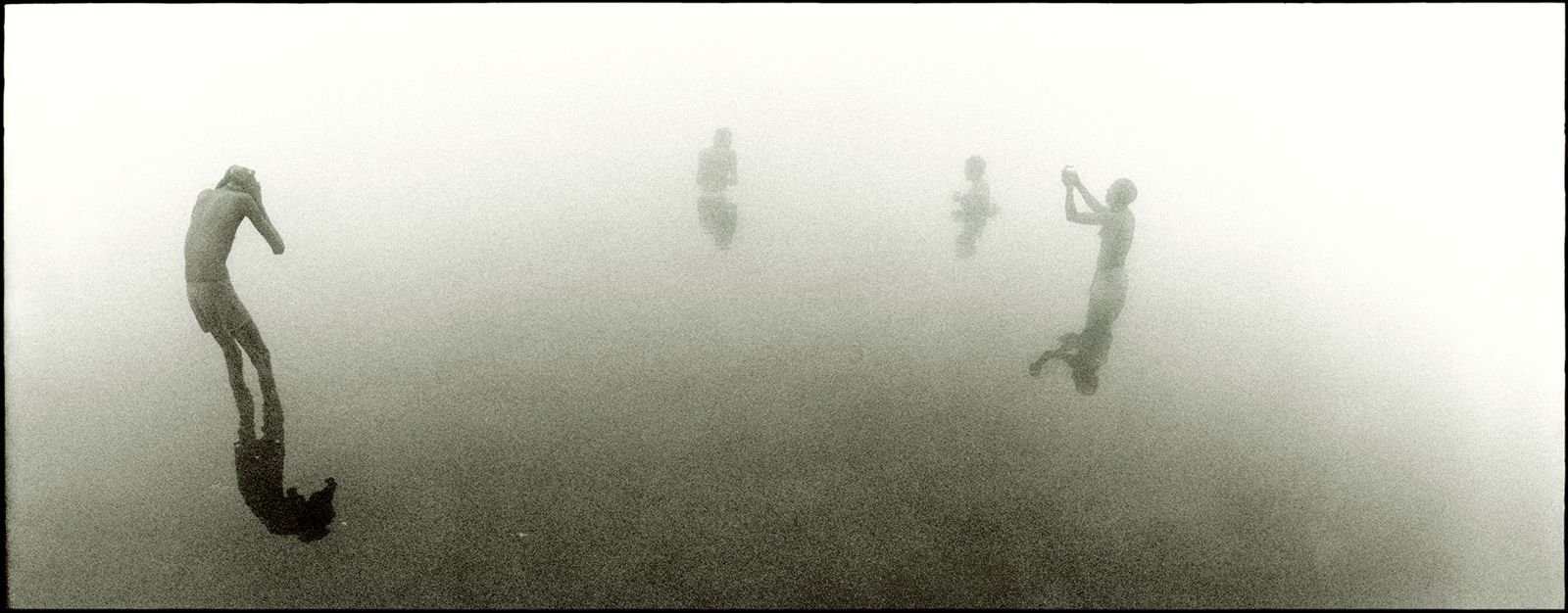
Search for Shiva
Shiva, the King of the Gods, likes to wander the world in human disguise. The ancient city of Varanasi in northern India is said to be his favorite stomping grounds. Here, the locals will tell you, he could be anyone — a man or woman, yogi or leper, beggar or maharaja. Any stranger you happen to meet should be regarded as Shiva in earthly form, watching how human beings treat each other in this theater of life.
It’s no wonder that the King of the Gods would favor Varanasi as an endlessly fascinating stage. One of the oldest continuously inhabited cities in the world, it has endured the tides of countless empires. In Vedic times it was called Kashi, the City of Light. In its medieval incarnation the city was known as Banaras, the name still cherished by its old-timers.
Sprawling along one bank of the River Ganga, Varanasi faces directly east towards the dawn. Each day, thousands of local devotees and pilgrims bathe and pray in the river’s healing waters, seeking to cleanse the karma that clings to us over lifetimes. Though pollution now darkens the river, it does little to muddy the collective faith.
For many Hindus, Varanasi is the most auspicious place to die. Pilgrims travel far to lay their relatives’ ashes to rest in the waters along its banks. At two of the ghats, Harishchandra and Manikarnika, funeral pyres burn day and night, and the ashes are swept directly into the river.
What we all seek, the philosophers of Varanasi will say, is moksha — release from the endless cycle of birth and death. Yet they may also admit, especially as the dawn light graces the ghats, that the world is just as Shiva perceives it. Samsara and nirvana are one and the same. Since heaven and earth are cut from the same divine cloth, perhaps we have nothing to escape from after all.



